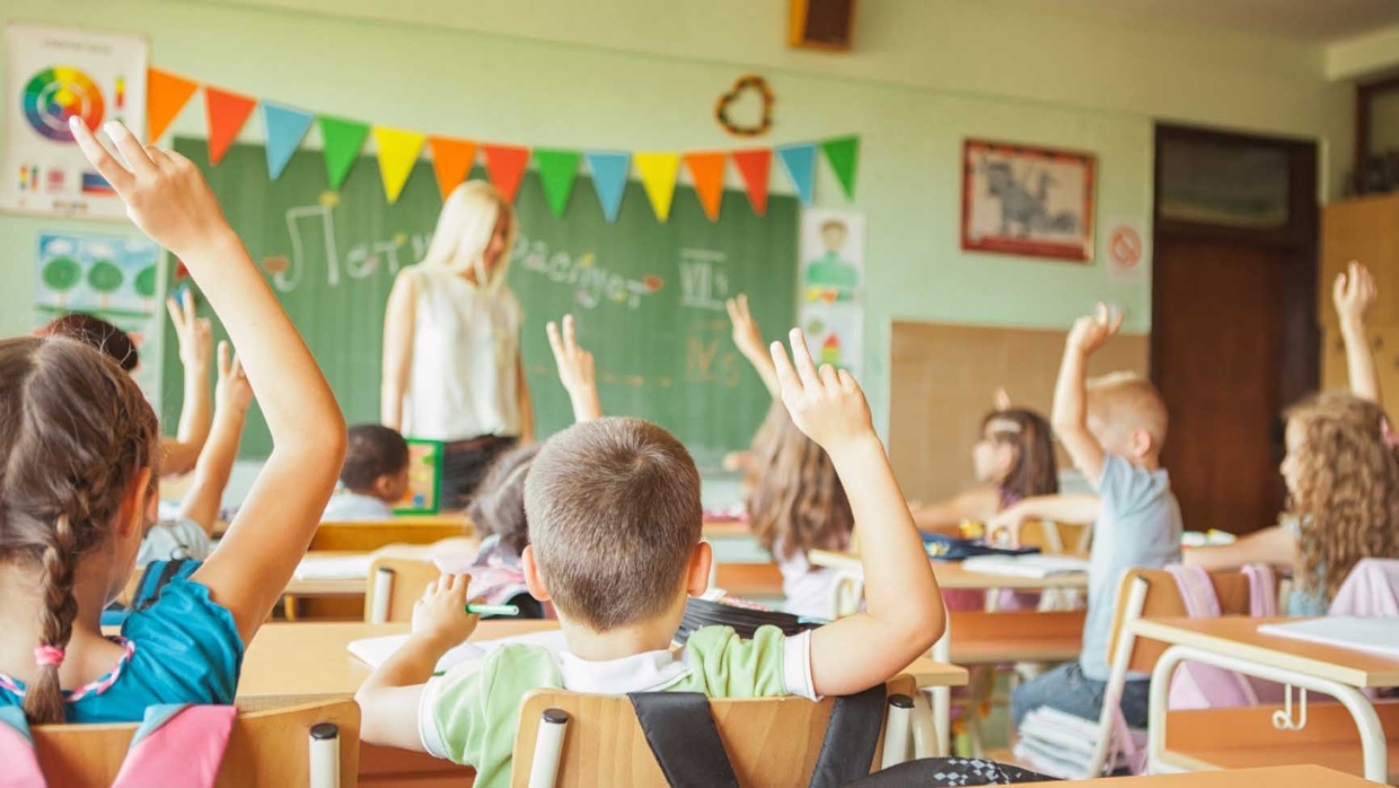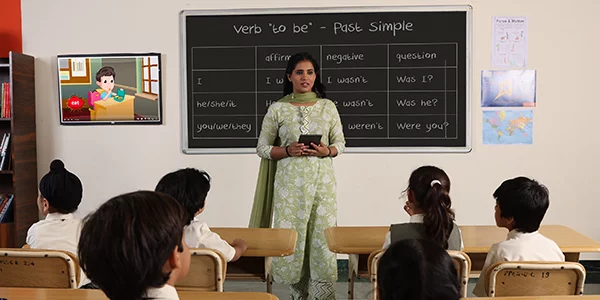Checking Out the Various Teaching Approaches in Key Science Education And Learning Today
Inquiry-based learning, hands-on experiments, and the combination of modern technology are redefining exactly how educators involve young minds. Additionally, collective techniques and distinguished direction are being utilized to provide to the varied requirements of pupils, improving both engagement and understanding.
Inquiry-Based Knowing
Inquiry-Based Discovering (IBL) is an instructional technique that motivates students to check out clinical ideas via doubting, examination, and hands-on experimentation. This approach stresses the role of trainees as energetic individuals in their learning, advertising critical thinking and problem-solving abilities. By engaging with real-world inquiries, students end up being curious and determined, which enhances their understanding of scientific principles.
In IBL, teachers work as facilitators, assisting pupils as they browse their inquiries instead than supplying details directly. This student-centered strategy enables for distinction, accommodating different discovering designs and paces. Trainees create skills in creating theories, developing experiments, and evaluating data, which are crucial for scientific literacy.
Additionally, IBL cultivates partnership amongst students, motivating them to share ideas and searchings for. This cumulative questions promotes social skills and a feeling of neighborhood within the classroom. Additionally, the procedure of query urges resilience, as students learn to accept failure as a stepping stone toward understanding.
Hands-On Experiments
Hands-on experiments are an essential part of reliable scientific research education, complementing the concepts of inquiry-based learning. These experiments enable trainees to engage straight with scientific principles, fostering a much deeper understanding with experiential knowing. By adjusting products and observing results, young learners can comprehend abstract concepts in substantial methods.
Such activities promote vital reasoning and problem-solving abilities, as trainees assume results, conduct experiments, and examine results. This process urges them to ask inquiries, fine-tune their understanding, and develop a clinical state of mind. Hands-on experiments can be customized to varied understanding styles, ensuring that all trainees have the opportunity to engage meaningfully with the content.
Additionally, hands-on experiments typically encourage partnership among peers, promoting team effort and interaction abilities. Operating in groups makes it possible for students to share ideas, discuss searchings for, and pick up from each other, which improves their total academic experience.
Incorporating hands-on experiments right into the primary science curriculum not only enriches the discovering setting however likewise cultivates a long-lasting rate of interest in scientific research. By proactively taking part in their education and learning, pupils are most likely to develop an enthusiasm for scientific inquiry that extends beyond the classroom.

Modern Technology Assimilation
Integrating innovation into key science education and learning has actually ended up being increasingly crucial in fostering pupil engagement and enhancing finding out results. Using digital tools, such as interactive simulations, online laboratories, and educational software application, gives students with opportunities to explore scientific principles in cutting-edge means. These sources help with a deeper understanding of intricate subjects by allowing students to visualize and control variables that would certainly be impractical in a standard classroom setup.
Moreover, technology combination motivates customized discovering experiences. Pupils can advance at their very own speed, revisiting difficult principles via multimedia resources, which deal with various understanding styles. This adaptability not only supports private development however additionally grows a feeling of autonomy in students.
In addition, technology works as a bridge to real-world scientific research, connecting students with existing study and expert contributions. Accessibility to on the internet data sources and scientific journals broadens pupils' point of views on clinical inquiry and fosters critical assuming abilities.
Collaborative Understanding
Joint discovering useful content plays an important role in primary scientific research education and learning by promoting teamwork and communication skills amongst trainees. This approach urges students to collaborate, share understanding, and engage in problem-solving, which enhances their understanding of scientific principles. By taking part in group tasks, trainees find out to articulate their concepts, listen to varied viewpoints, and discuss services, every one of which are important skills in both academic and real-world contexts.

Study suggests that collective discovering can result in increased motivation and engagement in scientific research topics, as pupils locate enjoyment in common experiences (primary science tuition Singapore). Additionally, this method prepares students for future collaborative endeavors, furnishing them with the skills necessary for efficient synergy in college and expert settings. Ultimately, welcoming collaborative understanding in main science education and learning can substantially enrich the knowing experience and advertise a much deeper understanding of scientific inquiry
Differentiated Instruction

Differentiated instruction can materialize in numerous means, such as differing the content, procedures, or items of discovering. Teachers might make use of tiered assignments that supply differing degrees of intricacy, enabling trainees to function at their particular readiness degrees. Additionally, versatile organizing approaches can help with cooperation amongst students with various capacities, promoting peer learning.
Evaluation plays a vital role in this method, as it educates guideline and helps teachers understand each trainee's unique demands. Developmental analyses, such as observations and tests, can lead teachers in readjusting their strategies to enhance finding out results. primary science tuition Singapore. Eventually, by implementing set apart direction in primary scientific research education and learning, teachers can cultivate a more efficient and fair understanding setting, encouraging all students to reach their full potential in recognizing clinical sensations
Verdict
In summary, the diverse training blog here methods in key scientific research education, consisting of inquiry-based knowing, hands-on experiments, technology integration, joint learning, and separated direction, jointly add to a more efficient understanding environment. These methods advertise critical thinking, analytical abilities, and a much deeper comprehension of clinical concepts. By executing these strategies, teachers can develop appealing and encouraging classrooms that resolve the varied demands of trainees, ultimately fostering a lifelong passion in scientific research and boosting scholastic success.
Inquiry-Based Discovering (IBL) is a pedagogical approach that urges pupils to explore clinical ideas through questioning, investigation, and hands-on experimentation.Collective knowing plays an important role in main scientific research education by promoting synergy and interaction skills amongst students.Research study suggests that joint understanding can lead to increased inspiration and involvement in scientific research subjects, as pupils discover pleasure in common experiences.In fostering a comprehensive understanding environment, distinguished instruction arises as a crucial approach to suit the varied demands and abilities of trainees in main scientific research education and learning. Eventually, by applying distinguished direction in key science education, teachers can cultivate a more equitable and effective discovering setting, equipping all trainees to reach their full potential in recognizing clinical phenomena.